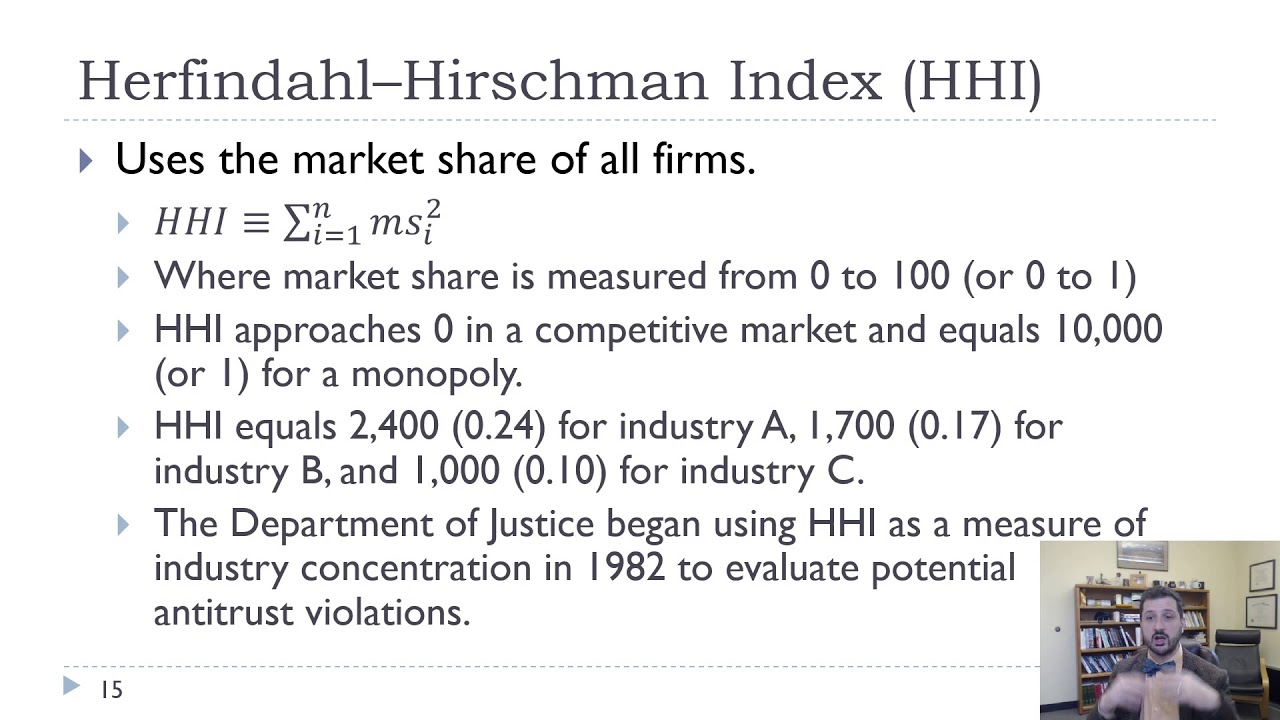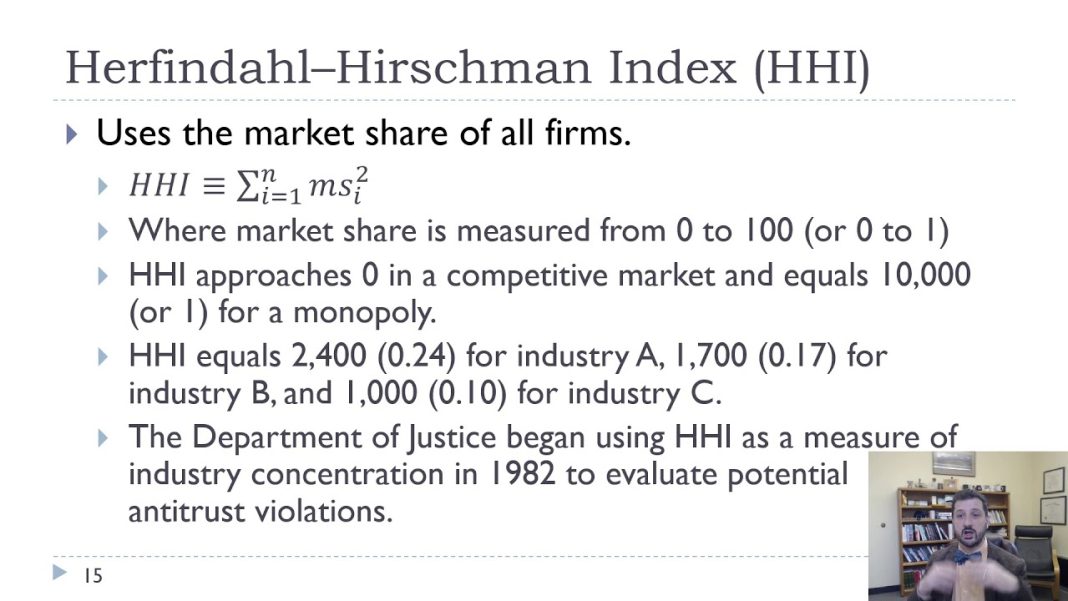 ConocoPhillips has announced its plans to acquire Marathon Oil Corporation in a multi-billion dollar deal that is expected to be completed by the end of this year. The acquisition will be an all-stock transaction, with Marathon shareholders receiving 0.2550 shares of ConocoPhillips common stock for each share of Marathon Oil common stock. This represents a 14.7 percent premium to Marathon’s share closing price on May 28th.
ConocoPhillips has announced its plans to acquire Marathon Oil Corporation in a multi-billion dollar deal that is expected to be completed by the end of this year. The acquisition will be an all-stock transaction, with Marathon shareholders receiving 0.2550 shares of ConocoPhillips common stock for each share of Marathon Oil common stock. This represents a 14.7 percent premium to Marathon’s share closing price on May 28th.
The deal is valued at $17 billion and will provide ConocoPhillips with access to over two billion barrels of oil reserves. It is expected to result in cost savings of approximately $500 million within the first year after the transaction is completed. These savings will come from reducing administrative and operating costs and improving capital efficiencies.
“This acquisition of Marathon Oil further deepens our portfolio and fits within our financial framework, adding high-quality, low cost of supply inventory adjacent to our leading U.S. unconventional position,” said Ryan Lance, ConocoPhillips chairman and CEO.
Mergers in the oil and gas industry can have both positive and negative effects on consumers. According to David Burton, a senior research fellow in economic policy at The Heritage Foundation, mergers can lead to efficiencies and reduced prices. However, if a market becomes excessively concentrated, it can result in a monopoly or duopoly that negatively impacts customer welfare.
Marathon Oil currently operates in the Eagle Ford basin in South Texas, Bakken basin in North Dakota, and the Permian basin in West Texas. ConocoPhillips, on the other hand, is the third largest oil and gas producer in the Permian basin in terms of volume. The acquisition of Marathon Oil will further strengthen ConocoPhillips’ presence in this region.
The acquisition of Marathon Oil by ConocoPhillips comes at a time when other major players in the industry are also making similar moves. ExxonMobil has announced its plans to acquire Pioneer Natural Resources, while Chevron is looking to acquire Hess Corporation. These acquisitions have raised concerns among lawmakers about market concentration and reduced competition.
In a letter to the U.S. Federal Trade Commission (FTC), Senate Democrats expressed their concerns about the potential harm to small operators and workers’ wages. They also pointed out that the number of major energy companies in the U.S. has significantly decreased due to mergers in the past.
The FTC has cleared the ExxonMobil-Pioneer deal but has opened an investigation into the Chevron-Hess deal. However, experts believe that extreme concentration in the energy industry is unlikely at this time. Heavily regulated sectors tend to have more market concentration, as larger firms are better equipped to deal with regulations.
It is possible that the ConocoPhillips-Marathon merger is motivated by a desire to strengthen the company in the face of potential regulatory challenges under the Biden administration. Another possibility is that both companies see an opportunity to increase efficiency and reduce costs, allowing them to offer their goods and services at lower and more competitive prices.
Overall, the acquisition of Marathon Oil by ConocoPhillips is a strategic move that will enhance ConocoPhillips’ portfolio and provide access to significant oil reserves. While concerns about market concentration and reduced competition exist, it is important to consider the potential benefits of increased efficiency and cost savings for consumers.


